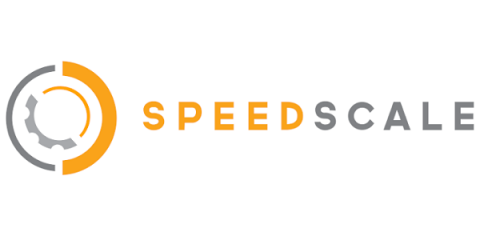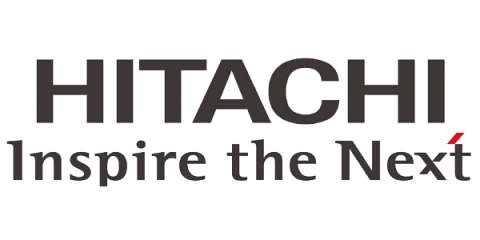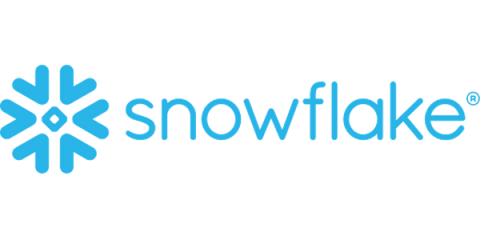Cloud Testing at Facebook
At Speedscale, we are on the cutting edge of defining autonomous testing for the cloud era. However, we aren’t the only company trying to solve this problem and we enjoy learning from every perspective. That’s why Facebook’s recent blog article about autonomous testing caught my eye. They’ve built a sophisticated autonomous test system that introduces many of the same techniques we utilize.











